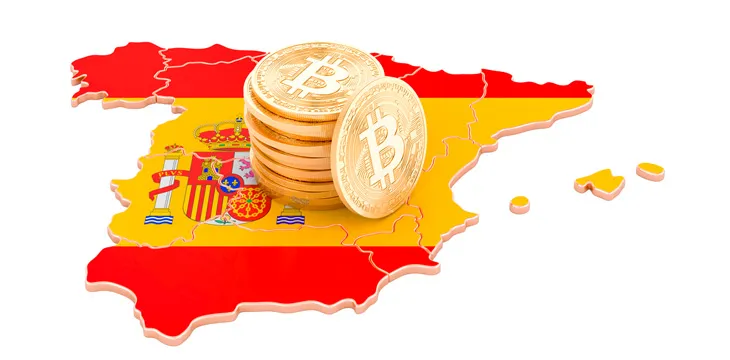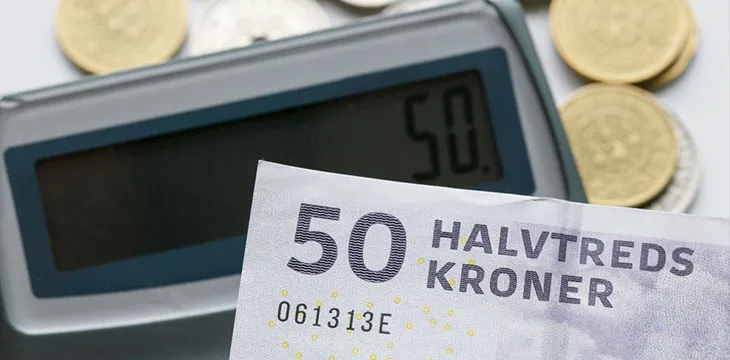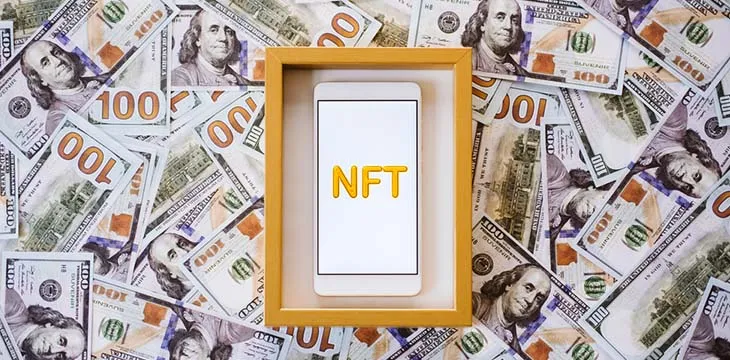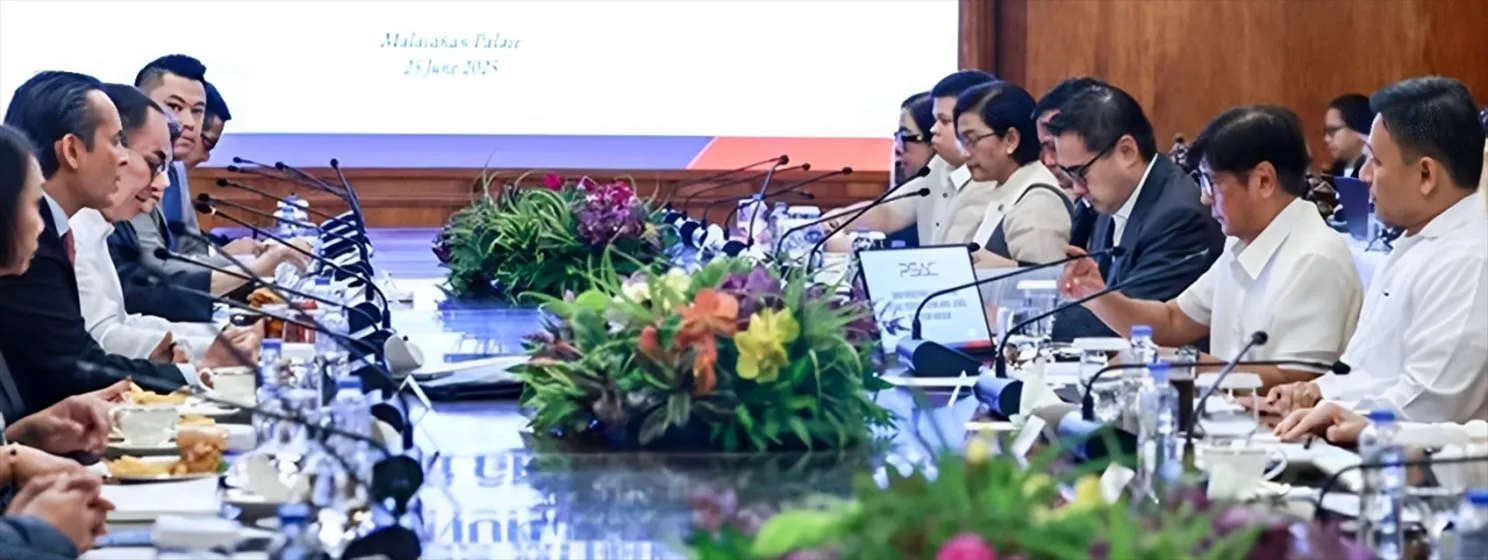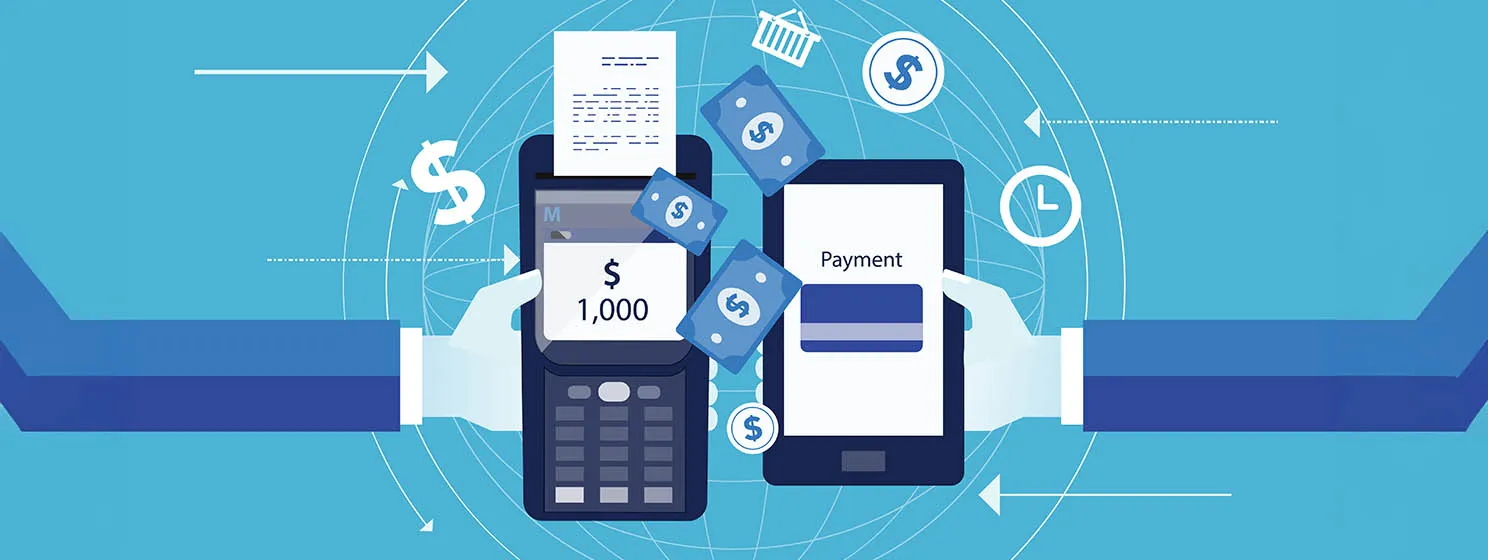
Taxation
Netherlands proposes new digital asset tax bill
The new Dutch bill will be more transparent about the ownership of digital currencies to prevent tax evasion, and if...
Australia requires VASP license under new rules
Elsewhere, Turkey will not levy new taxes on digital assets and stocks this year after an initial plan attracted severe...
Spain to send more than 300,000 tax notices to digital asset holders
Spain’s taxman has increased the notices by 40% from last year’s tally as it ramps up its Bitcoin tax scrutiny,...
ASIC-maker Bitmain fined $3.6 million in China over tax violations
Bitmain must pay $3.6 million for allegedly failing to pay personal income taxes worth $2.4 million despite notices from the...
Bitcoin profits are taxable, Denmark Supreme Court rules
Two rulings by the Supreme Court of Denmark have come to the same conclusion: that the profits of bitcoin sales...
IRS issues new tax guidance on NFTs: ‘Collectibles’ are taxable
Under the proposed guidance, NFTs are covered by the tax law if they have been identified as a "collectible," which...
Recent
Trending
Most Views

 07-03-2025
07-03-2025 


